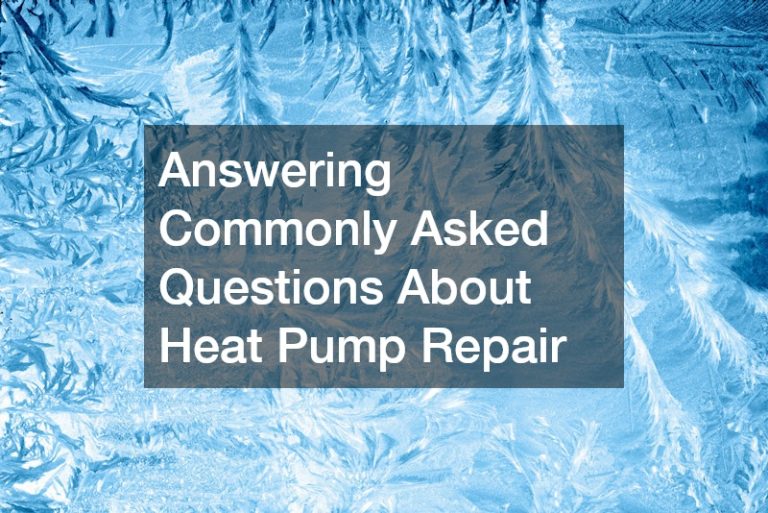

Wondering about how to save money on propane and gas? In today’s eco-conscious market, one of the best things you can do is help the environment and your wallet at the same time. Propane products are a necessary addition to everyday life, powering up countless forms of technology and allowing the country to continue with agriculture and construction unimpeded. Unfortunately, this is also a chemical that can cause significant damage if not properly contained. How can we maintain a happy balance of using clean energy while keeping ourselves healthy? Let’s take a look.
What Is Propane?
Propane is both a liquid and a gas, used for a variety of applications such as home fuel, propane forklifts and gas products. At atmospheric pressures and temperatures above -44 degrees Fahrenheit, it is both non-toxic and odorless. When it comes to identifying natural gas, an identifying odor has to be added after the fact so it can be detected during leaks or spills. It’s important for seasoned professionals to handle propane as not to expose sensitive parties to the damage that can be caused — when contained in an approved cylinder or tank, propane will remain a mixture of liquid and vapor.
Who Uses Propane?
From propane forklifts to irrigation pumps, people use this gas for more technology than you can shake a stick at. In fact, over 660,000 farmers will use propane-based products for grain dryers, standby generators and general farm equipment in order to cultivate fruit, dry their crops and water their gardens. Propane is even used for basic refrigeration and freezing techniques!
Who Produces Propane?
Did you know around 90% of the United States’ propane supply is produced domestically? Contrast to the 70% imported by both Mexico and Canada — equal amounts of propane come from the refining of crude oil and natural gas processing, making it a readily available and secure source of energy. Even now its environmental benefits are widely recognized by many industry professionals.
What Damage Can Propane Cause?
Exposure to propane can cause a host of damaging side-effects, so it’s always better to be safe than sorry! Breathing in this chemical can cause increased heart rate and dizziness in the short-term, with lightheadedness and fever in the long-term. Continued exposure can even lead to loss of consciousness. If you suspect you have a propane leak or shortage, the first step is to call a professional to overlook the situation. Many propane supplies will create a smell like rotting eggs to get your attention as quickly as possible.
Can I Use Cost Efficient Fuel?
The short answer is yes! The long answer is filtered propane is a staple of many industries and allows people the flexibility and power they need to get the job done. The benefits for residential propane customers can be felt around the world, keeping the environment clean and the average worker and homeowner’s wallet light. More than 350,000 industrial sites rely on propane for space heating, brazing, cutting, heat transfer and soldering. Whether it’s propane forklifts or propane accessories, this is one form of gas that won’t dissipate any time soon.



